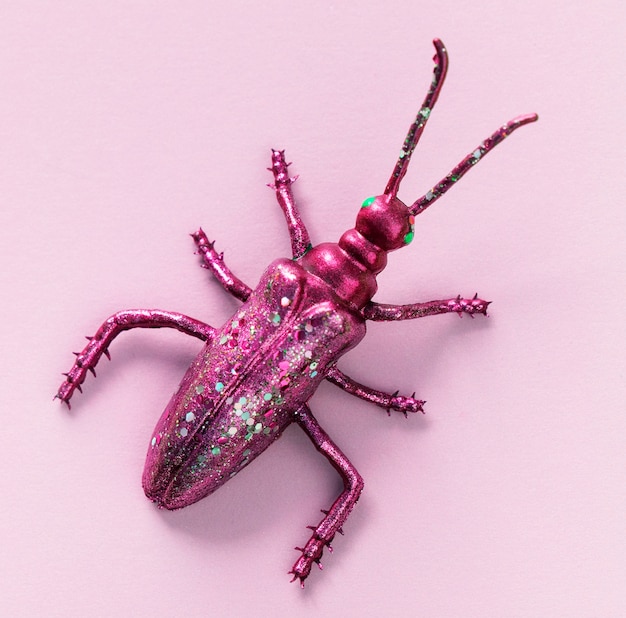
Your spices might be harboring some uninvited guests known as pantry pests. These little critters, often moths or their larvae, are commonly found in both whole and ground spices as well as herbs. They can even spread to nearby cabinets or countertops. It’s quite common to spot them in spices like paprika, cayenne pepper, and chili powder. Cloves, allspice, and cinnamon are just as susceptible. You might wonder why these pests are drawn to your pantry. It might seem strange since there’s nothing for them to eat or drink!
If you notice these spice bugs in your cabinet, don’t panick—they’re not after you! They’re simply interested in the spices. As larvae mature, they need space to expand their wings, and spices provide an ideal hiding place that often gets overlooked.
These pests, about the size of sesame seeds, with common types including cigarette beetles and drugstore beetles, can squeeze into tiny spaces within containers. They can live in these confined spots for months without food or water and often lay eggs in old spice jars.
So why are spices so attractive to these bugs? One big reason is excess moisture in the air or near your spice cabinet, which encourages mold growth and attracts these insects. The main attraction, however, is that spices are packed with minerals and vitamins, providing the nutritional needs for these bugs to survive and thrive.
There are simple ways to tackle the problem. Freezing your spices is an effective method; just pop them in the freezer at 0 degrees Fahrenheit for four days before storing them in your cabinets. Buying spices in smaller quantities to use right away, or choosing pre-ground spices, also helps reduce the risk as it strips needed nutrients from the bugs.
Opting for hermetically sealed containers with minimal openings can also prevent infestations. When shopping, check spice packaging for any damage or signs of bugs. At home, inspect them again before use. Another technique is to leave your spice containers in a sunny spot for a few days to eliminate any bugs. Just be careful it doesn’t get too hot, as excessive heat might damage the spices.
You might also consider keeping your spices in the refrigerator where it’s consistently cooler at about 38 degrees Fahrenheit. Alternatively, you can pack them in airtight plastic bags and store them in a drawer. Having a supply of herbs or ground spices that you plan to use immediately can also prevent long-term infestations.
In commercial settings, or if you use a lot of spices, try using essential oils like lemon balm mixed with vinegar as a repellent, as their scent keeps insects at bay. If none of these approaches work, seal unused spices in airtight plastic freezer bags. Lastly, if you’re uncertain whether something is infested, it’s best to discard it. Better safe than sorry!
Spice bugs might be a nuisance to think about, but they’re not harmful. Just remember, you weren’t aware of them until now!















